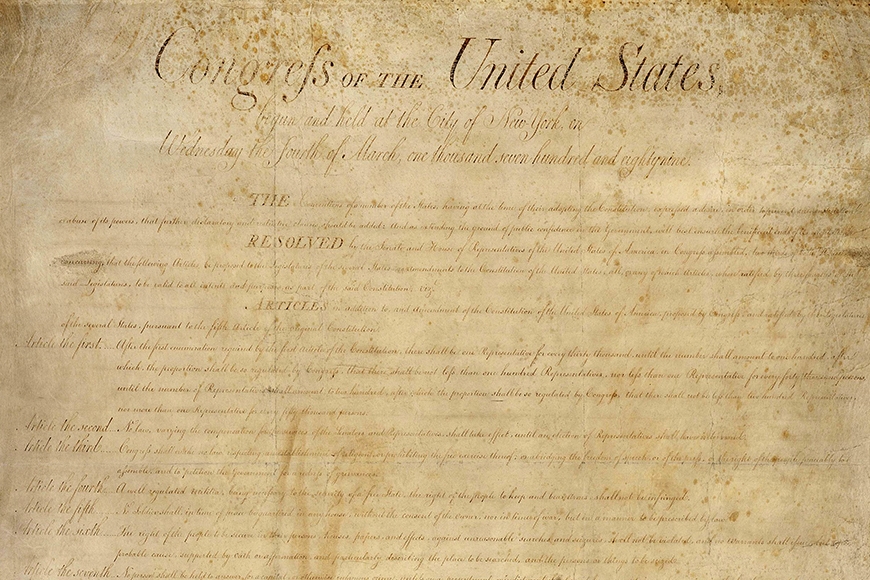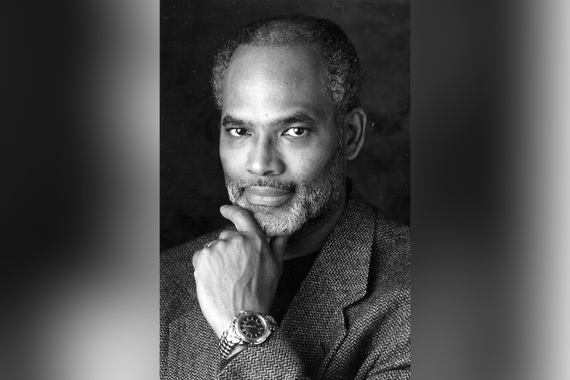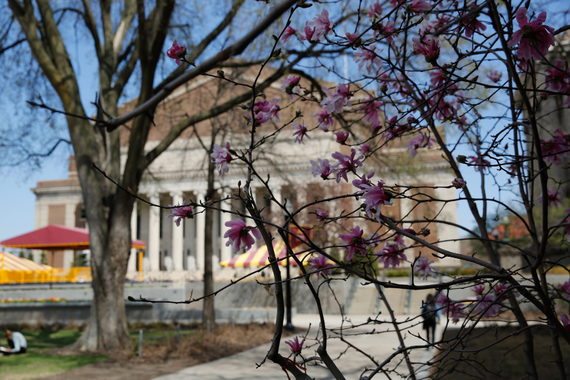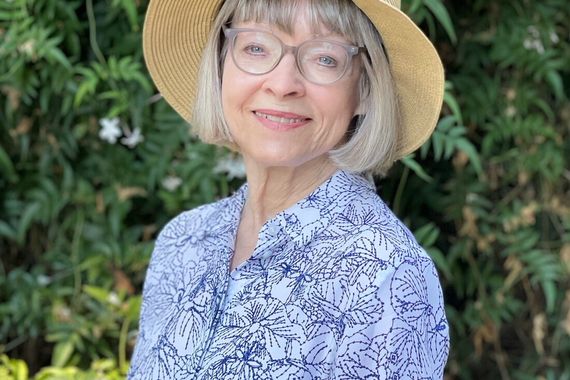Minnesota Daily First Amendment Celebration
Congress shall make no law respecting an establishment of religion, or prohibiting the free exercise thereof; or abridging the freedom of speech, or of the press; or the right of the people peaceably to assemble, and to petition the government for a redress of grievances.
Thank you to the Minnesota Daily for inviting me. It’s a great pleasure to join you today to discuss this critical topic.
The very foundations of college life are built on the principles laid out in the First Amendment. Whether you’re talking about the right to assemble or the right of a student-run newspaper to question the institution without penalty, the First Amendment is of vital importance to a college campus. Issues around freedom of speech, academic freedom, and the First Amendment are ones that I am passionate about.
Today I want to focus specifically on how the First Amendment affects two things: debate on campus and campus climate.
First, debate. Questioning the status quo and fostering curiosity is vital to our mission as a university. After all, learning how to learn is what we do best. It’s certainly something we focus on in the liberal arts. But all of the disciplines teach us how to question, how to think critically, and how to question assumptions.
So debate is a key component of both our mission and in the fostering of a healthy, vibrant campus. But how we debate is just as important as the act itself.
I firmly believe that the First Amendment, while allowing us to voice our opinions, also asks us to listen to the opinions of others. The First Amendment is not about one person or group voicing their opinions while shutting out anyone they disagree with. The First Amendment is about everyone being heard.
Ironically enough, politics -- the very institution who gave us the First Amendment -- can demonstrate very clearly what happens when there’s a sense that it’s not even worth listening to the other side.
I think it’s fair to say that there are deep political divides in the U.S. right now. And if you watch the news or debate-format shows you can see what happens when groups or individuals aren’t able to have a fruitful interchange of ideas. You see what happens in the absence of listening -- you get folks thinking that they have all the answers.
And here’s the thing: No one does. I don’t say that to douse your enthusiasm or to make you question yourselves. I say that as a simple statement of fact: No one has all the answers and we can always learn more from each other.
The college experience teaches us that those moments when you realize you may be wrong -- or those moments when you consider someone else’s point of view -- those are exciting opportunities to grow as a person and to grow in our understanding of each other.
Once that happens, you’ve taken the first step towards healthy dialogue. You’ve at least reached a point when you can say that you’ve agreed to disagree. And that’s when you start to build trust and ultimately, community.
That takes me to my second point, how the First Amendment is key in cultivating a positive, engaged, curious, and respectful campus climate.
Just as I believe that the First Amendment asks us to listen to the opinions of others, I also believe that the First Amendment asks us to foster a culture of respect.
The world is shrinking. People of different religions, backgrounds, languages, and cultures have to work together every day. My sincere hope is that by being at the U, you discover that the coming together of different people is where some of the best ideas are born. And that finding common ground is a very powerful experience.
The First Amendment affirms that all students, faculty, and staff have a place here. Whatever your political views, the presence or absence of religious beliefs, your ethnicity, race, gender identification, age, marital status, sexual preference, country of origin, or disability or veteran status, introvert or extrovert, whether your family income is low, middle, or high, and whether you hail from the city or the country or from inside or outside Minnesota … everyone has a place here.
That’s one of the greatest advantages of a college campus. It exposes all of us to a wide variety of people, research, traditions, disciplines, and viewpoints. The University allows us to see the world through the eyes of others, be it through the classes you take, the people you work with, the organizations you are a part of, or the events you attend. You get a glimpse into the lives of writers, artists, lawyers, doctors, engineers, consumers, voters, those of different times and different cultures. That’s an enormous gift, because the more you’re willing to look at the world through another person’s eyes, the more likely you are to have effective and respectful dialogue between individuals or groups.
Of course, that means that you won’t always agree with everyone. And that’s great news. Can you imagine how extraordinarily boring it would be if we all agreed all the time? This is a place to speak freely. As a university, the exchange of ideas and the pursuit of knowledge is our absolute foundation. That’s the joy of the First Amendment, and the joy of a college campus. That you can speak your mind, and that you can almost guarantee that your opinions will be challenged -- and that you will grow from all of those experiences.
I’d like to wrap up by saying that we all have a part to play in cultivating that kind of environment. We all have to protect the rights afforded by the First Amendment. Be brave enough to hear out and debate and challenge ideas that you find wrongheaded. But be brave enough to also listen to what others are saying. As students, staff, and faculty on this campus, practice and protect your First Amendment rights and create the kind of tone and culture where debates are fruitful -- and all of us are respected.
Again, I’d like to thank the Minnesota Daily for inviting me today and for all that you do. When I meet with our alumni, those who spent time on the staff of the Daily recall it as one of, if not the, highlight of their college years. They can tell me about front-page photos and headlines they remember, and because of your digital archive I can find those and send them along. You are doing important work, and I am thankful to you for that. Thank you.



